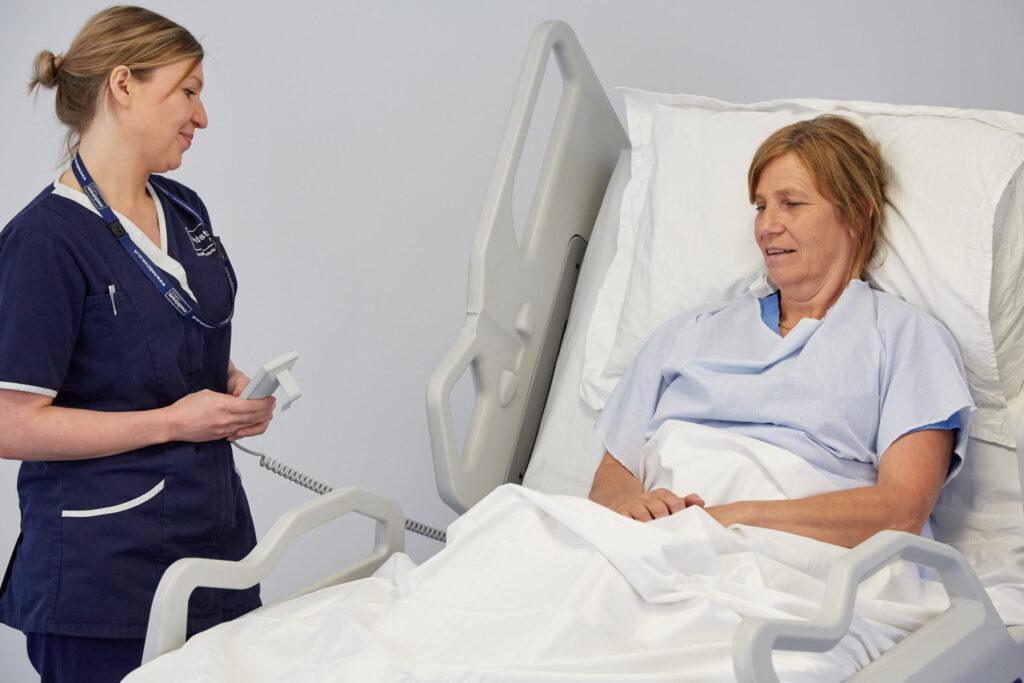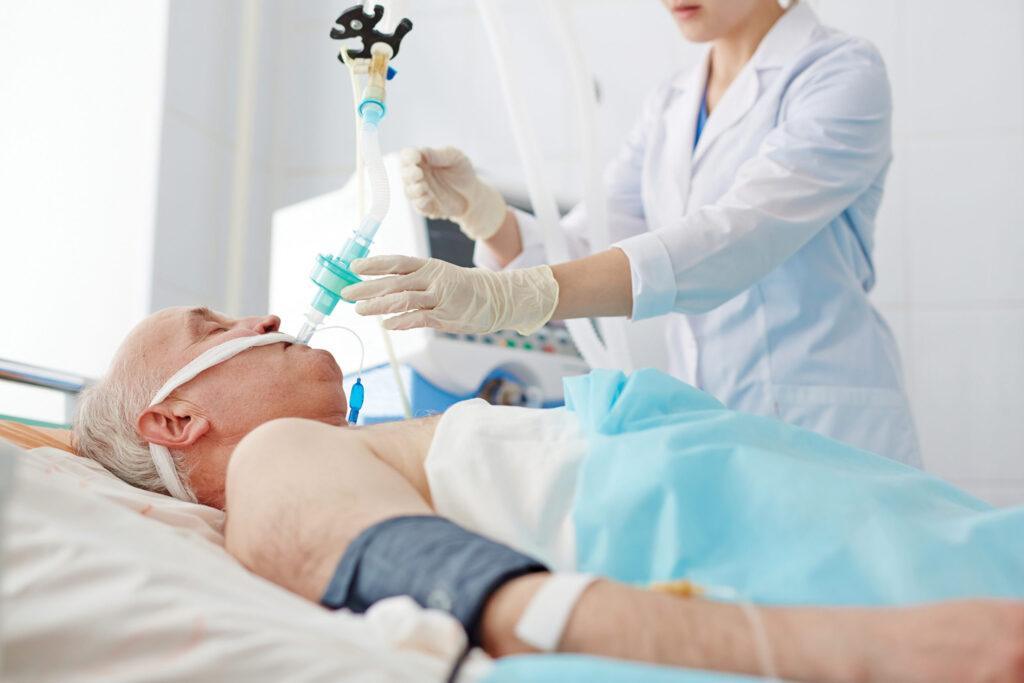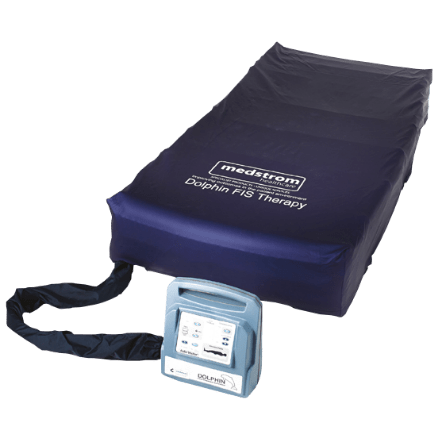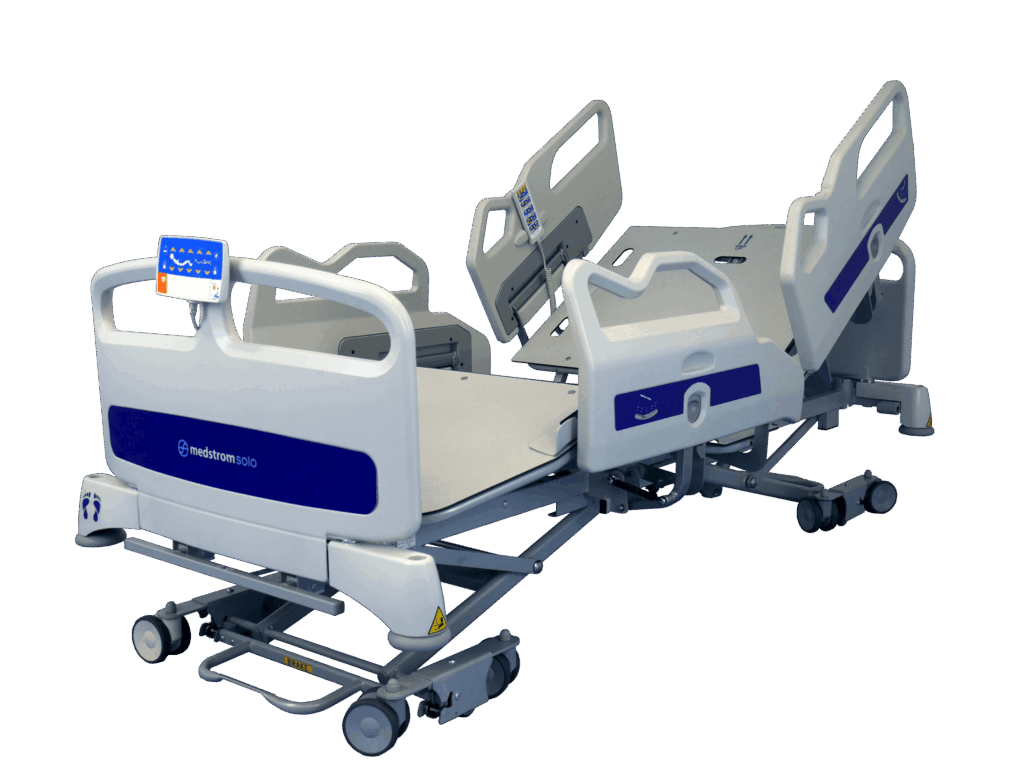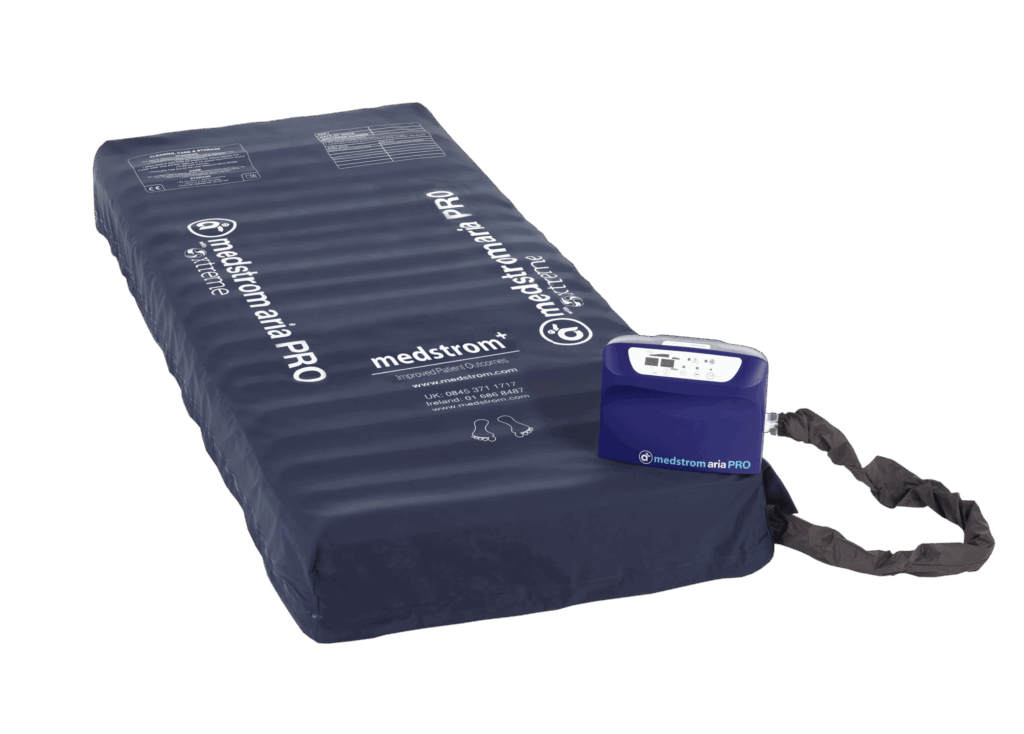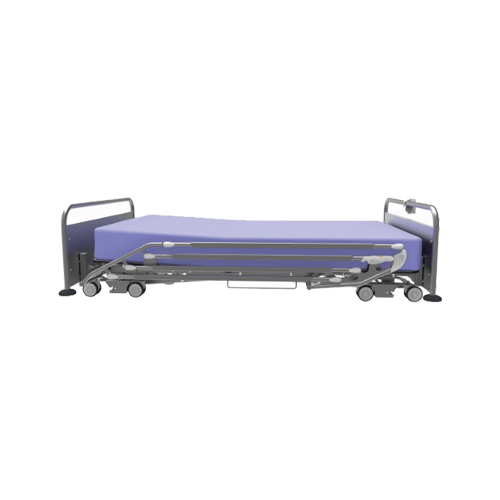
RoSPA Safer People Handling Course Success
Medstrom first invested in the RoSPA Level 4 Award in Practical Skills for Safer People Handling course two years ago. The Clinical Advisors and Product Specialists who completed it found it invaluable during their day-to-day work. As a result of their feedback, more people have being trained.
We’re delighted to announce that a further 10 people have recently completed the course successfully. Some of their reflections and feedback are below.
Erica Smith, Project and Training Manager
When working with customers, how will you bring in aspects of the course that could help them?
“Our product solutions go hand in hand with safer moving and handling of patients. I look forward to sharing helpful techniques that I have learnt, to not only assist the patient, but also protect the caregiver.
“Thousands of caregivers are forced to retire early due to back and musculoskeletal conditions each year. It will be great to educate our valuable NHS teams to protect them and be part of positive change with our expertise.”
Karen Morris, Clinical Advisor
Which part or parts of the course were the most useful for you and why?
“I found the section on controversial techniques extremely useful. It enabled me to clearly recognise these outdated techniques which we know are unfortunately still commonly used in hospitals today.
“This enabled me to understand when and why these techniques might still be used and how to advise on best practice moving forward. To also have the opportunity to then practice the correct techniques was invaluable.
“This training will greatly aid my ability to advise our customers and patients on best practices.”
Aimee Davies, Clinical Advisor
How will you utilise what you’ve learned in your day to day role?
“I attended the RoSPA course to better my knowledge and understanding on safe patient handling and risk assessments.
“As part of the four-day course we were shown how to undertake a risk assessment, and the importance of repeating these assessments when a patient’s clinical condition changes. A case study was then used to put what we had learnt into practice, selecting the right equipment for that patient’s care.
“We learnt up to date practical skills in the moving and handling of adults in a healthcare setting. We also looked at the negative impacts of controversial techniques, and why these should not be used.
“During the practical sessions we practised mobilising each other from bed to chair using both mobile and gantry hoists, with various types of slings. Physically doing these manual handling scenarios ourselves helped us gain better understanding of the challenges other healthcare professionals and patients face every day. It also developed our skills for educating others on the best techniques for safer people handling.
“I’m really looking forward to using all of these new skills in my day-to-day role.”
Medstrom is committed to investing in its people. Equipped with the most up-to-date, relevant training, they can then use the skills they’ve learned to better help customers and patients.
